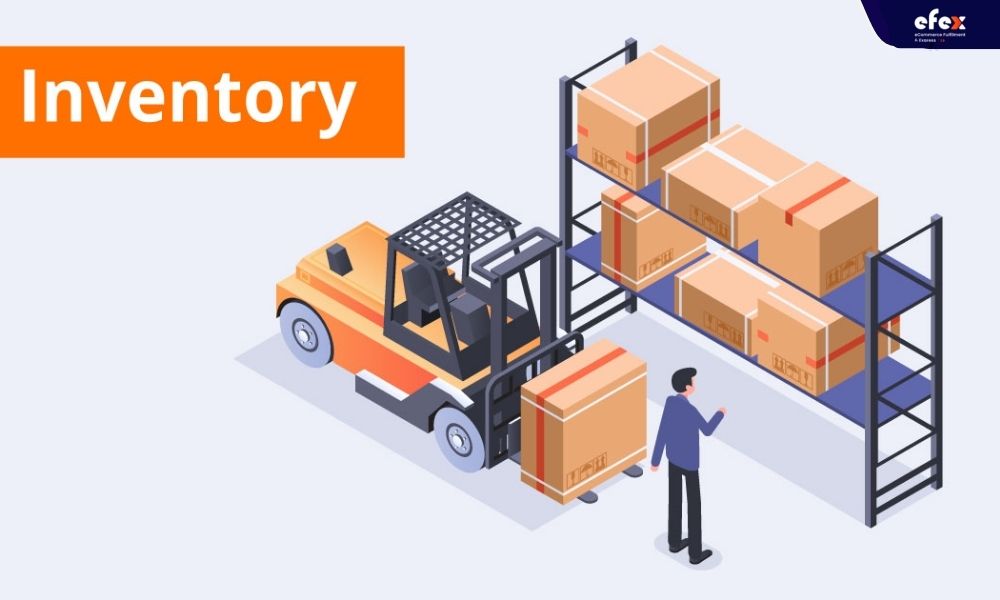
More Helpful Content
Selling things such as clothing or electronics instead of taking out a loan to support repayments can be a wonderful choice. A current asset is any item that can be sold for immediate cash. Is Inventory a Current Asset? Inventory is a broad concept referring to items for sale, raw materials for manufacturing services/goods, and partially finished things in production. One of the most important sources of revenue for firms is inventories. Retailers and manufacturers sell their stock, while other businesses use it to provide a service. So let’s find the answer in our article on Is Inventory A Current Asset: Definition and Example.
Inventory refers to things that are utilized in the production of completed goods and serves as the buffer between goods that are manufactured and goods that the company must sell to meet orders. Inventory is considered an asset since it is utilized to make things that generate income for the firm.

Current assets are those that can be turned into cash or cash equivalents within a year's time. The current assets are displayed on the balance sheet in the order of their liquidity.
Non-current assets, on the other hand, are assets that require longer to convert into cash than a year. This encompasses both actual and intangible assets.
But, is inventory a current asset or a non-current asset? Inventory is known to be out of stock in one year. Nonetheless, a lot relies on business possibilities or market conditions; yet, on the balance sheet of the company, the inventory is expected to be sold out in a lower a year so that is classified as a current asset.
Inventory is considered a current asset because it is often sold within a year or less. Inventory is located in the middle of the liquidity range. The ability of a company to convert its assets into cash is referred to as liquidity. While inventory is less liquid than other short-term investments like cash and cash equivalents, it is far more liquid than assets like land and equipment.

Inventory is always represented as a current asset in the balance sheet since it is expected to be consumed or sold for cash within the following twelve months or accounting period. Unsold and surplus inventory, on the other hand, might constitute a burden for the company because of storage costs. Furthermore, some inventory items have a short shelf life and may rot, become obsolete, or lose value quickly.
👉 Read More: What Is Excess And Obsolete Inventory? Calculation And Analysis
Food products that degrade over time and technology that become obsolete are two outstanding examples. You may be compelled to sell your goods at a loss or altogether eliminate it. Businesses must not retain too many goods to avoid this. On the other hand, insufficient inventory might result in shortages and negatively affect sales. It has the potential to harm your company's reputation by giving your customers a bad experience. Businesses create asset accounts to keep track of the inventory worth on hand. These accounts can help you keep track of how much inventory you have, how many goods you have in stock, how much each item is worth, how long your firm has kept it, and how long it has been on the shelf.
Backstock isn't the only thing that counts as inventory. Inventory includes any valuable object used in the manufacture of a product. Raw materials, finished goods, or even unfinished products are all included. Steel and aluminum, for example, are regarded as inventory. For certain firms, managing big amounts of inventory and determining its value can be tough. As a result, inventory management software is increasingly being utilized to track assets and centralize inventory information.
👉 Read More: Is Inventory An Asset Or Expense: Definition and Example
👉 Read More: Is Inventory An Asset Or Liability? Definition and Example

Creating an inventory management system can be a solution that will help you save money in the long run by saving time and eliminating waste. Now, you may have had the answer to the question of is inventory a current asset. In fact, inventory is a current asset because the company always intends and tries to sell them within the next accounting period or within twelve months of listing them on the balance sheet.


